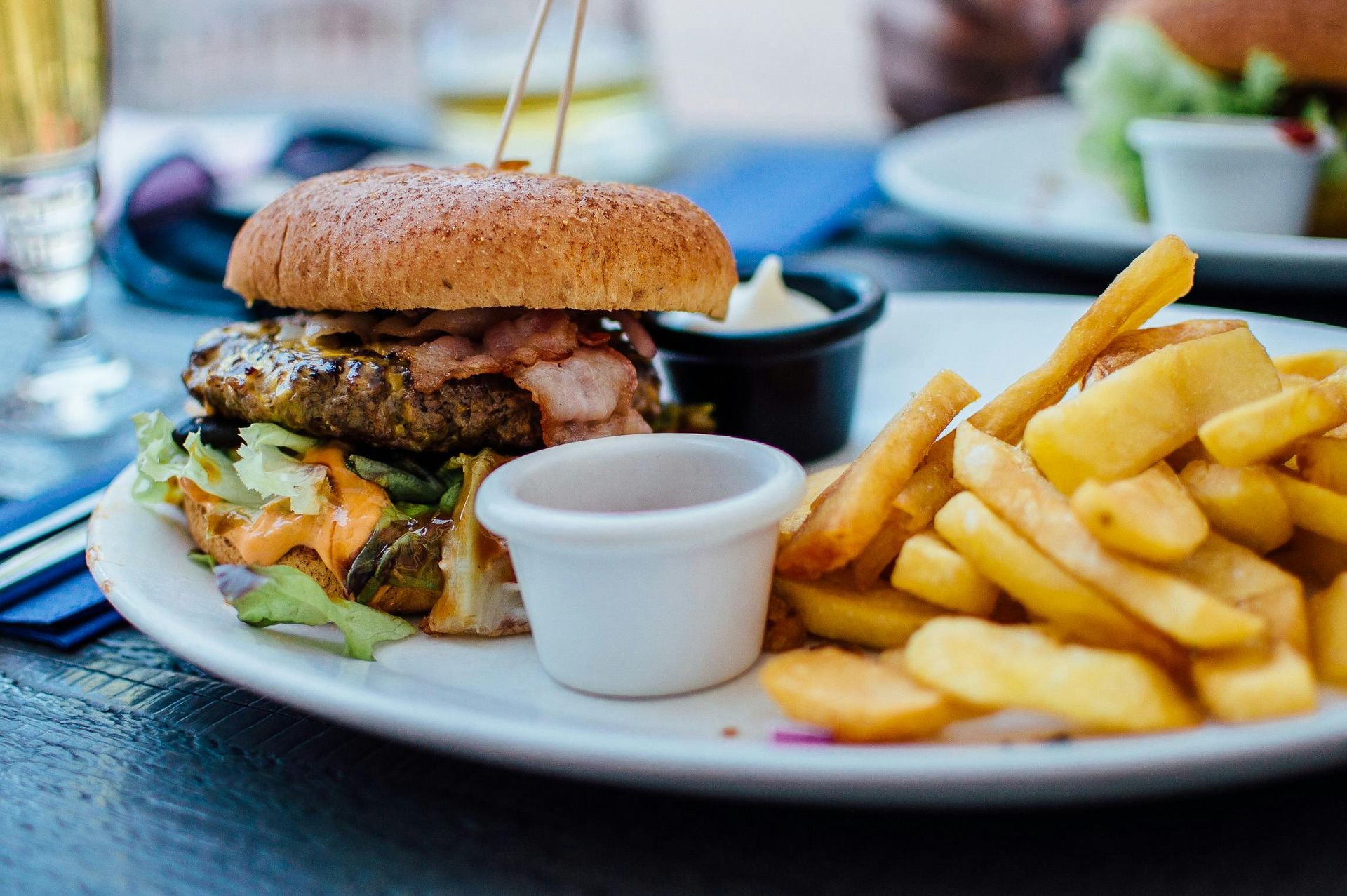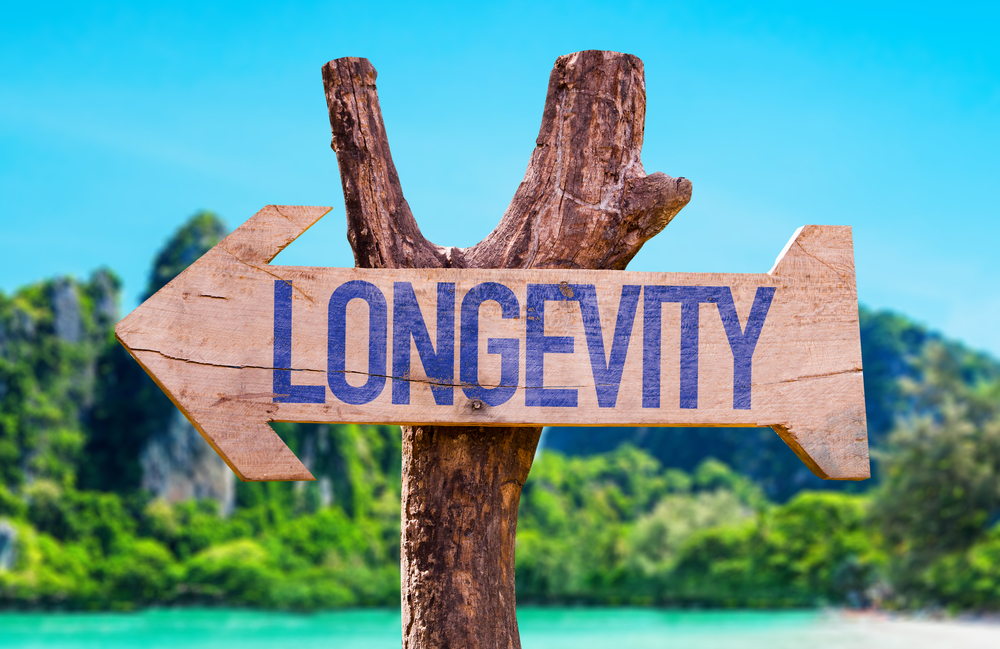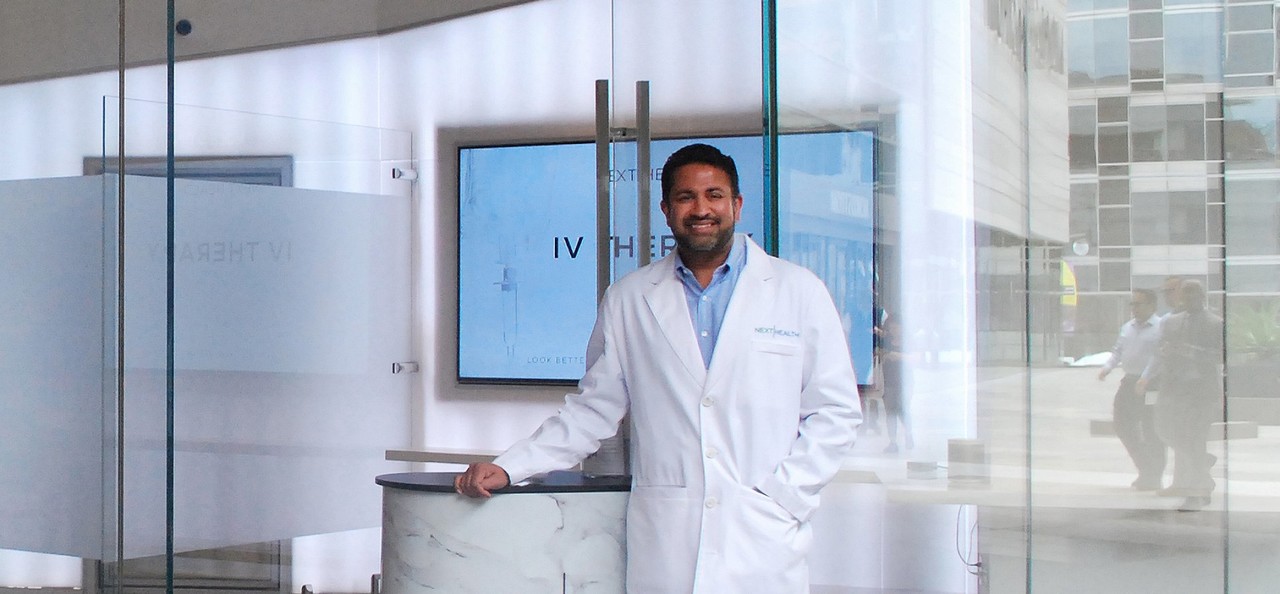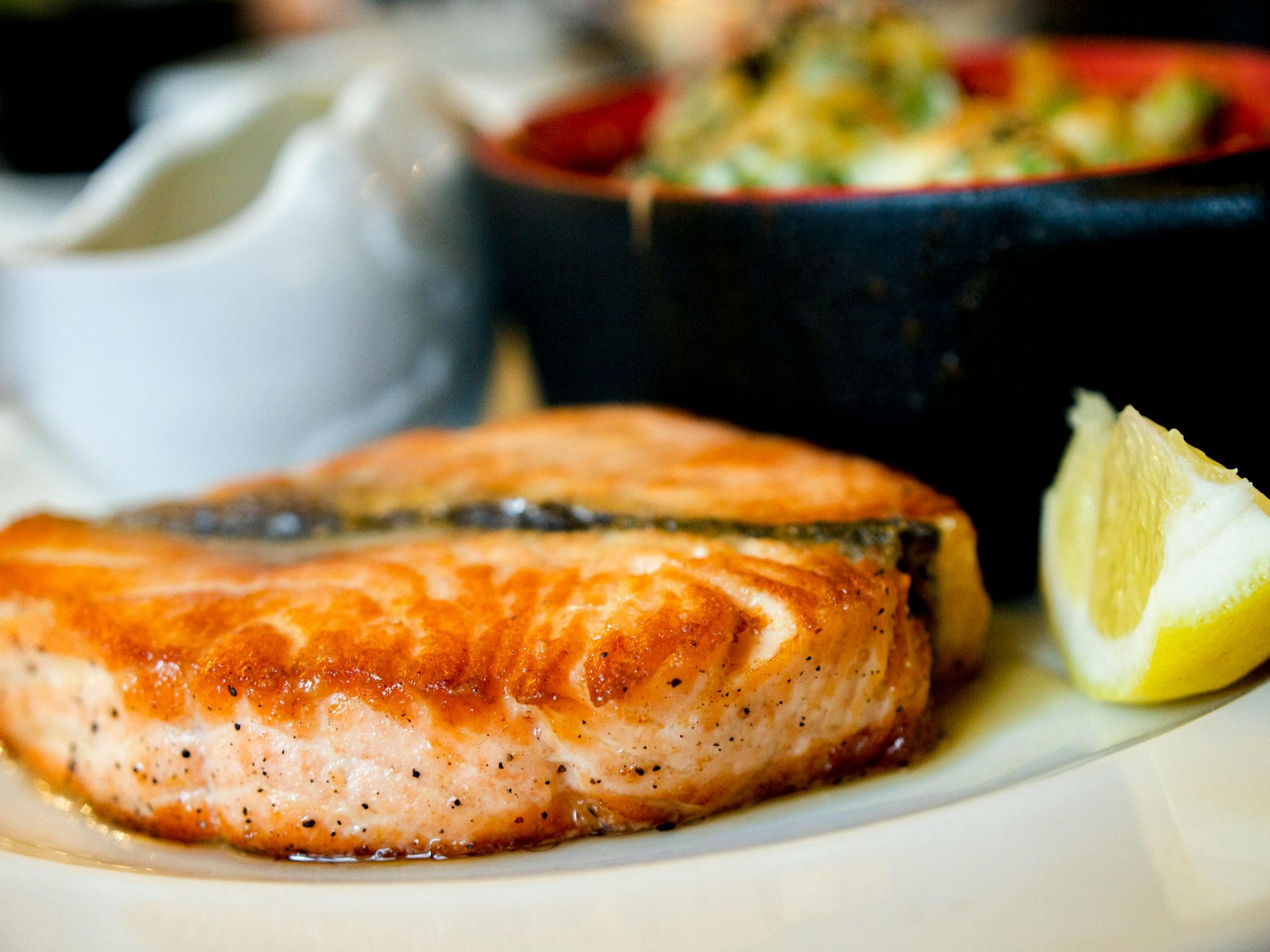Poor Diets May Accelerate Biological Aging Even in Young Adults
Biological vs. Chronological Aging
Aging is not just about time—it’s about how our bodies change at a molecular level. Biological aging refers to how quickly our cells and tissues deteriorate compared to our actual years. Faster biological aging has been linked to higher risks of disease and early mortality.
According to a new study from the University of Jyväskylä and the Gerontology Research Center, a poor diet—low in vegetables and high in red meat, junk food, and sugary drinks—may accelerate biological aging, even in early adulthood.
How Was Biological Aging Measured?
Researchers used epigenetic clocks, machine-learning-based tools that analyze DNA methylation—chemical changes affecting gene expression. These clocks estimate biological age by measuring how cells regulate genes over time.
The study included 826 individual twins and 363 twin pairs, aged 20 to 25, from the FinnTwin12 dataset. Participants completed food frequency questionnaires, detailing their typical intake of 55 different food items.
Key Findings: Diet and Biological Aging
The study found that:
- Diets low in vegetables and fruits and high in processed meat, fast food, and sugary drinks were linked to faster biological aging.
- Conversely, diets rich in vegetables and fruits and low in processed foods were linked to slower biological aging.
- Even after accounting for factors like physical activity, smoking, and body weight, diet still had an independent effect on aging.
Genetics vs. Lifestyle: What Matters More?
Because the study involved twins, researchers could distinguish between genetic and environmental influences on diet and aging.
They found that genetic background played a significant role in the relationship between diet and biological aging, while a shared childhood environment did not. However, this does not mean diet is unimportant—healthy eating can benefit everyone, regardless of genetics.
Poor Diets: Why This Matters
These findings reinforce the importance of early dietary choices in shaping long-term health. A poor diet doesn’t just increase the risk of disease—it may speed up the aging process itself.
The study is part of the “Role of Nutrition in the Prevention of Common Diseases” project, funded by the Juho Vainio Foundation. Principal investigator Suvi Ravi and the GenActive research group continue exploring how lifestyle and genetics influence aging and health.
Takeaway: Your Diet Today Shapes Your Health Tomorrow
Even in your 20s, what you eat affects how you age. Prioritizing a nutrient-rich diet—full of vegetables, fruits, and whole foods—may help slow biological aging and reduce future health risks.






